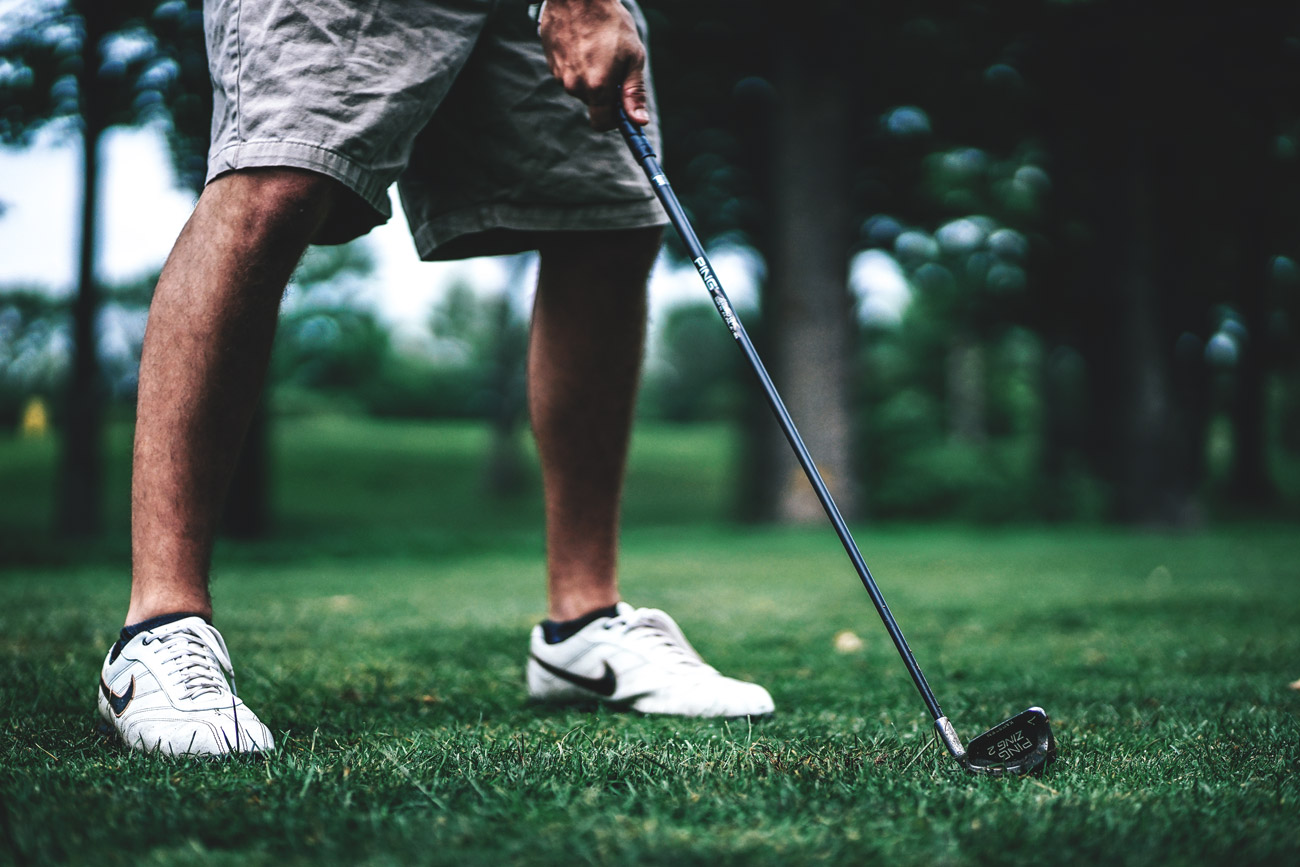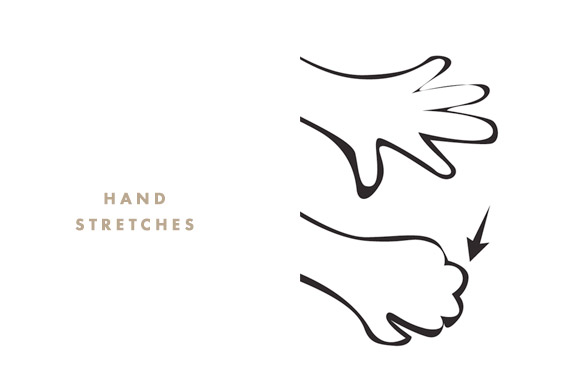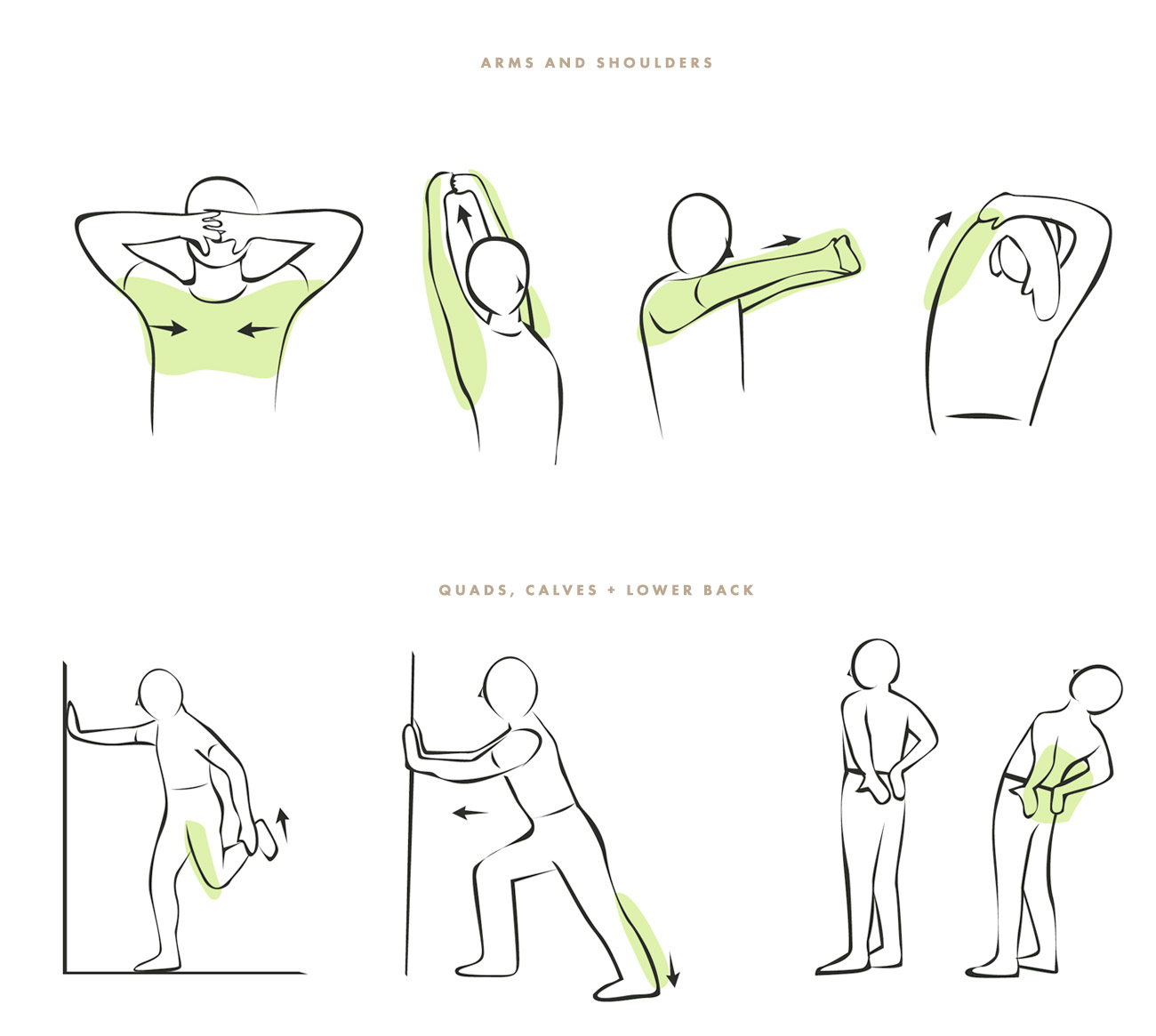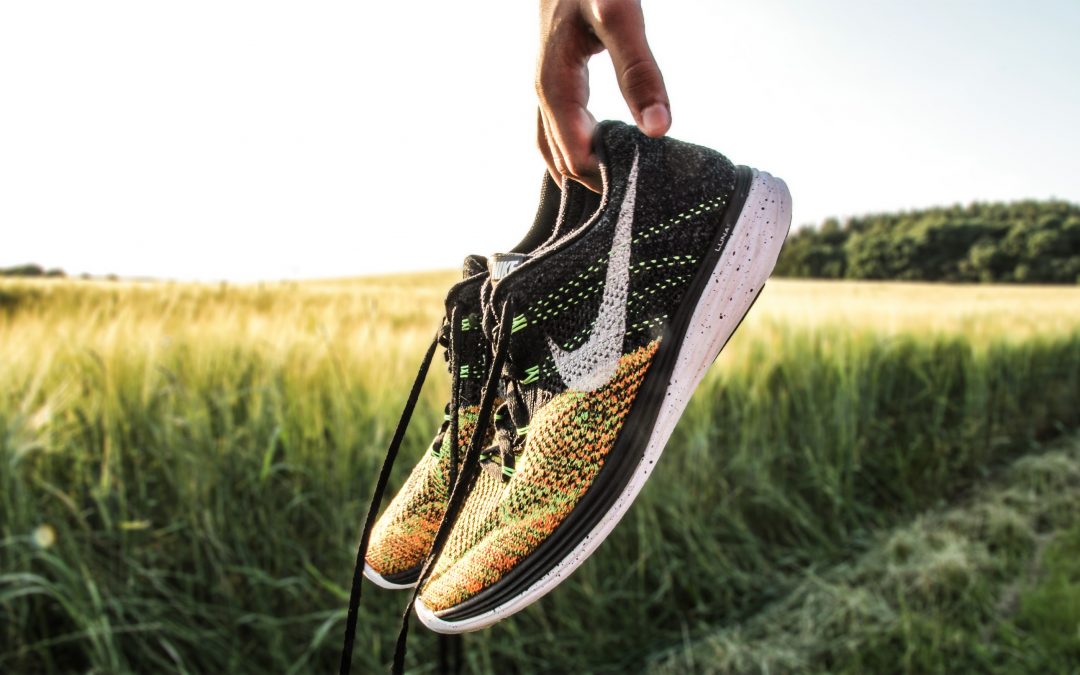RESOURCE LIBRARY
Tee Off With S.M.A.R.T. Tips that Prevent Golf Injuries
A game of golf is a healthy activity to help you to gain and maintain your flexibility and range of motion.
Golf is a whole-body workout that includes walking, lifting and repetitive arm motions, giving you the benefits of aerobic and strengthening exercise programs. If you want to play your best game and avoid common golf injuries, follow our S.M.A.R.T. tips:
- Stretch
- Move
- Add it up
- Reduce strain
- Talk to a physiotherapist
These golf health tips have been prepared for you by the Canadian Physiotherapy Association (CPA) to help you get the most enjoyment out of a healthy and active golf season.

Stretching before, during and after your game helps keep your muscles flexible and relaxed.
Image via Unsplash.
Stretch – before, during and after
Stretching – as a warm-up, as a break during repetitive movements and as a cool-down after your game – helps you to move easily, keeps your muscles flexible and relaxed, your joints mobile, and relieves tension and strain.
Allow approximately 10-minutes to warm up before the first tee to reduce muscle strain, injury and fatigue. Start by getting the blood flowing with climbing stairs, walking or jogging on the spot.
Perform the following stretches to warm-up and to cool down at the end of your game. If you begin to feel a bit stiff during your game, pause to do more stretches.

When stretching, remember:
• Movements should be slow and controlled to the point where you feel a gentle pull of the muscle. If this pull lessens, stretch a little more. It should never be painful;
• Once you feel a stretch, hold the position for 15-20 seconds. Do not bounce or jerk;
• Repeat each stretch three times in the same direction; repeat for the opposite side.

Move – today for tomorrow
Get moving. Keep moving. Stay moving. Through the seasons. Through life. A game of golf is an excellent way to get your whole body in motion.
• Leave the golf cart at the club and walk the course to maintain and improve your heart health and overall physical fitness;
• Rehearse your swing before actually hitting the ball on the course to warm up for that terrain specific stroke and to improve mobility and technique;
• Don’t stop when the snow flies! There are many indoor golfing facilities that can keep you moving all year round.
Add it up – an hour is power
To gain mobility, plan activities throughout your day that keep you moving for periods of at least 10 minutes. To maintain your mobility, make every movement count. Add up all you do in a day and aim for a minimum of 60 minutes of movement every day. For maximum benefit, physiotherapists recommend regular physical activity and stretching to maintain your physical mobility throughout the year.
Pace yourself! Start your season slowly if you haven’t been active over the winter. Consider playing nine holes initially rather than a full 18.
Plan your golf games so they are spread throughout the week and build activity into the days you aren’t golfing to maintain your mobility.
Make stretching part of your regular daily routine to maintain your flexibility.

Ensure that your equipment helps your game instead of causing additional strain
Image via Unsplash.
Reduce strain – use proper equipment
Your golf equipment should help your game, not cause additional strain. Take measures to fit your equipment to you, not you to your equipment.
• Choose your golf equipment to match your skill level and body type;
• Carry your golf bag over both shoulders and walk upright. If you have a one-strap system, alternate sides and walk upright to reduce strain;
• Push rather than pull a wheeled golf cart;
• When lifting, bend your knees, keep your back straight, hold your golf bag close and do not twist your body;
• When standing for long periods, stand tall and occasionally shift your weight from one foot to the other, or rest one foot on your golf bag or golf cart;
• After each green, do a few chin tucks and one backward neck bend to counter eyeing the ball and putting;
• Hold clubs in a loose, comfortable grip to reduce strain in your hand and forearm;
• Keep hydrated. Your body needs fluids to move effectively;
• Take breaks, rest your back and do a few stretches if you find your bag is getting too heavy.
Talk to a physiotherapist
Physiotherapists are healthcare professionals who help people of all ages and lifestyles gain and maintain their desired
level of active living and physical mobility. With their applied knowledge and understanding of the human body in
action, physiotherapists are able to help you to increase your mobility, relieve pain, build strength and improve balance
and cardiovascular function. Physiotherapists not only treat injuries, they also teach you how to prevent the onset of
pain or injury that can limit your activity.
Book an appointment at Go!Physiotherapy today to see how our therapies can help you improve your game. Call us at 604 568 4628 or book an appointment online today.
Used with permission from the Canadian Physiotherapy Association.
filed in
Latest Articles

Sports Injuries
Whether you have a sprained ankle, torn knee ligament, groin or back injury, we will help you return to play. With specific exercise prescription, hands on therapy, and modalities (such as ultrasound, laser, muscle stimulation or biofeedback) we will guide you through the early, middle and late phases of the healing and repair process.

Sprint Your Way to Healthier Running and Fewer Running Injuries
So you’ve made the decision to start running. Congratulations! It’s a great way to improve your health and your quality of life. Like all physical activity, however, running carries the risk of injury. It’s important to know how to prevent injury and what steps to take should injuries happen.

Rock On: How to Prevent Musician Injuries
Musicians are often compared to athletes. You push your body for hours at a time to practice and perfect your skills so that you can perform better. But sometimes, your bodies become overused, and playing becomes painful.

Stay Dry: How to Manage, Treat and Cure Urinary Incontinence
Do you know how common it is to experience leakage of urine when you cough, sneeze or laugh? Over 3.3 million Canadians experience urinary incontinence and one half of all women will experience problems with incontinence at some point in their lives.
Unlock Your Body’s Strength and Mobility Today
Book Online
Current patient? New, but know exactly what you’re looking for?
Contact Us
Never tried physiotherapy? Not sure where to start? Our friendly staff will guide you towards the best treatment for your situation.
Call: 604-568-4628
Email: go@gophysiotherapy.ca
